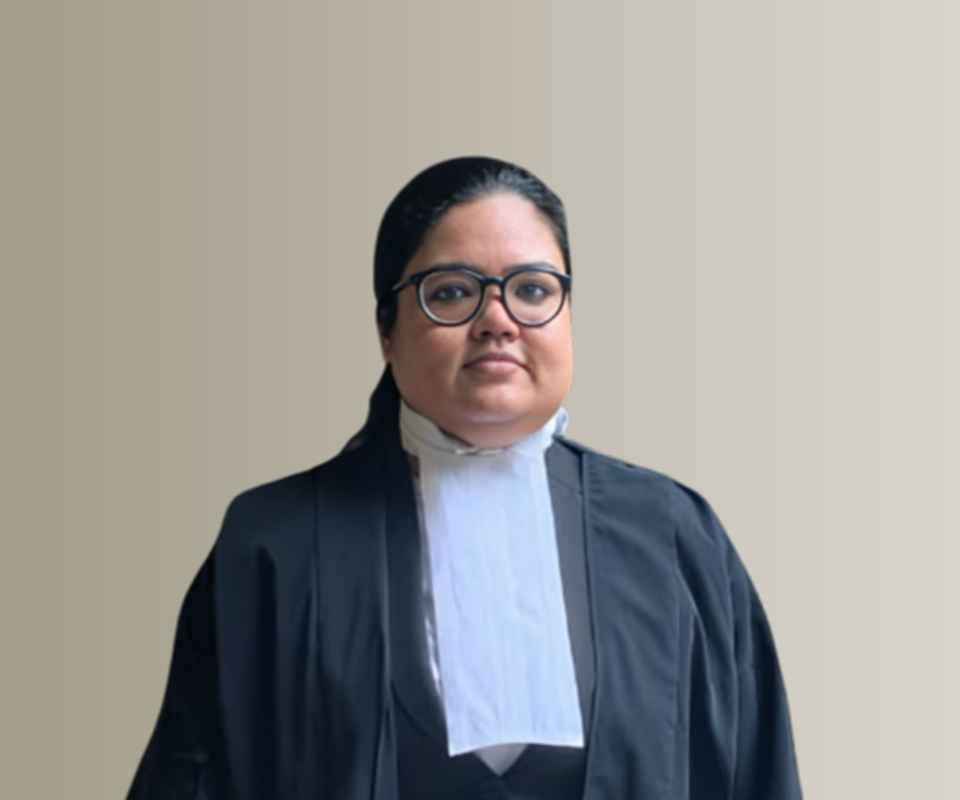Answer By law4u team
The Central Government of India plays a pivotal role in the extradition process under the Extradition Act, 1962. Acting as the key authority, it manages the receipt, processing, and execution of extradition requests between India and other countries. The Central Government ensures that extradition is conducted in accordance with legal standards, treaty obligations, and diplomatic protocols, balancing law enforcement with individual rights.
Role and Responsibilities of the Central Government in Extradition
Receiving and Processing Requests
The Central Government is the designated authority to receive extradition requests from foreign countries.
It examines the formalities and documentation accompanying the request to ensure compliance with the treaty and legal requirements.
Diplomatic Coordination
The Ministry of External Affairs (MEA), acting on behalf of the Central Government, coordinates diplomatic communications regarding extradition.
It liaises with foreign governments to facilitate smooth cooperation.
Treaty Enforcement and Discretion
The Central Government determines whether an extradition treaty exists with the requesting country.
It may decide to extend the Act’s provisions even in the absence of a treaty in exceptional cases, exercising discretion.
Referral to Judicial Authorities
Upon satisfaction of the preliminary requirements, the Central Government forwards the request to the appropriate judicial authority (usually a Magistrate or High Court) for further legal scrutiny and hearing.
Final Surrender Orders
After the judicial process confirms the validity of the request, the Central Government issues the final order for surrendering the fugitive to the requesting country.
Safeguarding Legal and Human Rights
The Central Government ensures that extradition does not violate constitutional protections or international human rights standards, such as protection from torture or unfair trial.
Maintaining Records and Reporting
It maintains records of extradition cases and periodically reports to Parliament and relevant authorities on extradition matters.
Importance of Central Government’s Role
Acts as the central point of authority ensuring uniformity and legality in extradition procedures.
Balances India’s international obligations with protection of individual rights.
Facilitates international cooperation against transnational crime.
Prevents political misuse by reviewing requests carefully.
Example
If a foreign government requests India to extradite a person accused of fraud, the Central Government first reviews the request for completeness and treaty compliance. It then forwards the case to a Magistrate for judicial verification. After the court confirms the legal validity, the Central Government orders the surrender, ensuring that all diplomatic and legal steps are properly observed.







